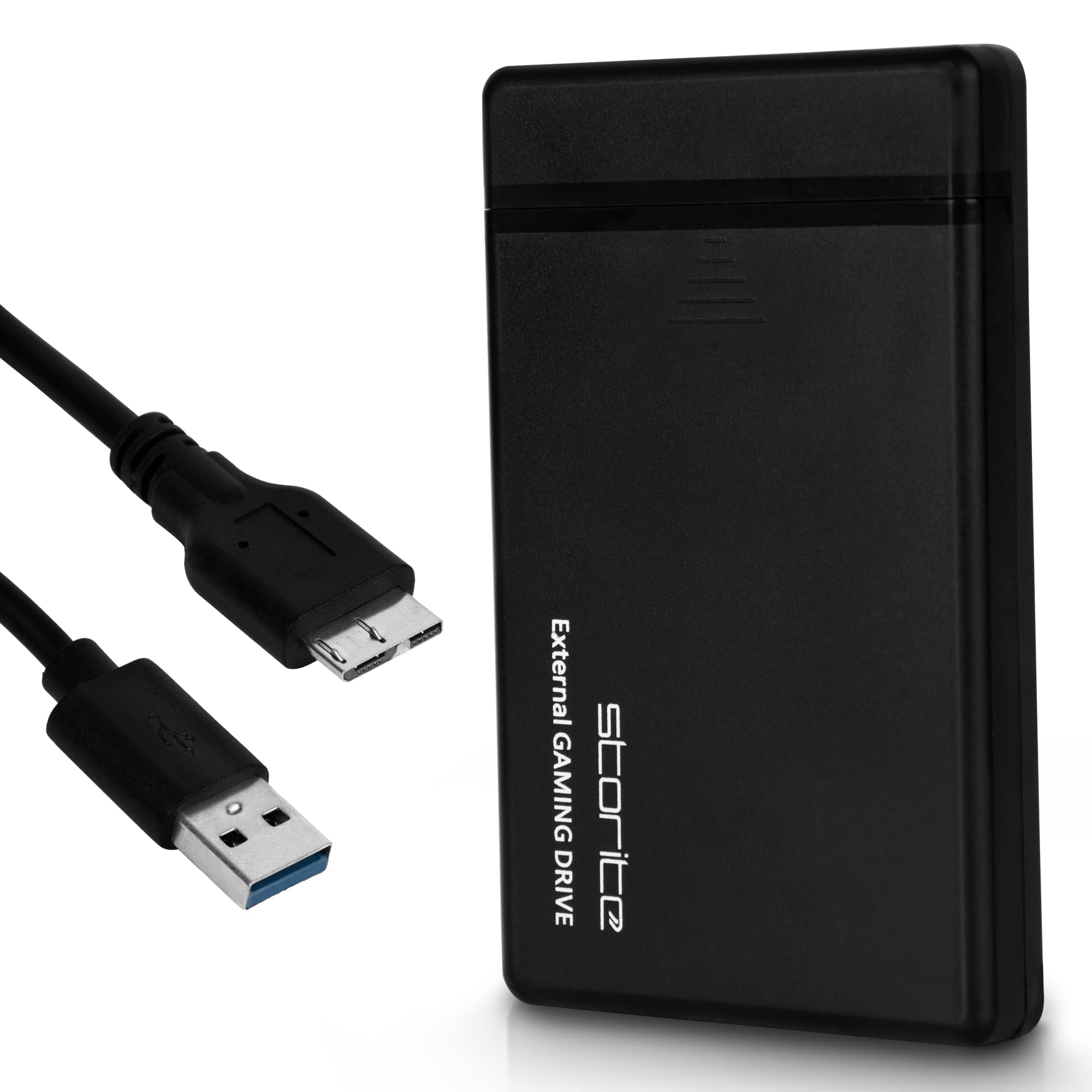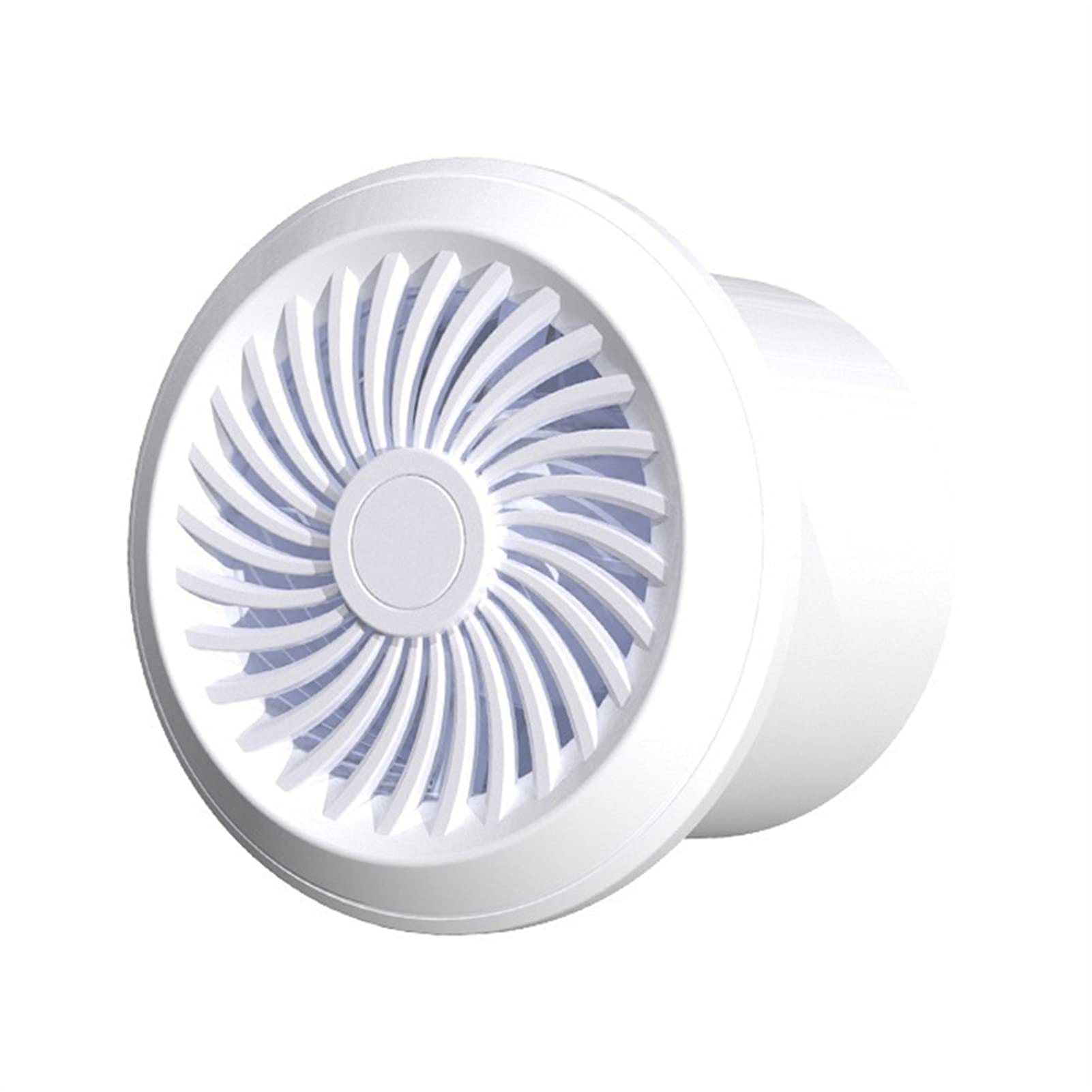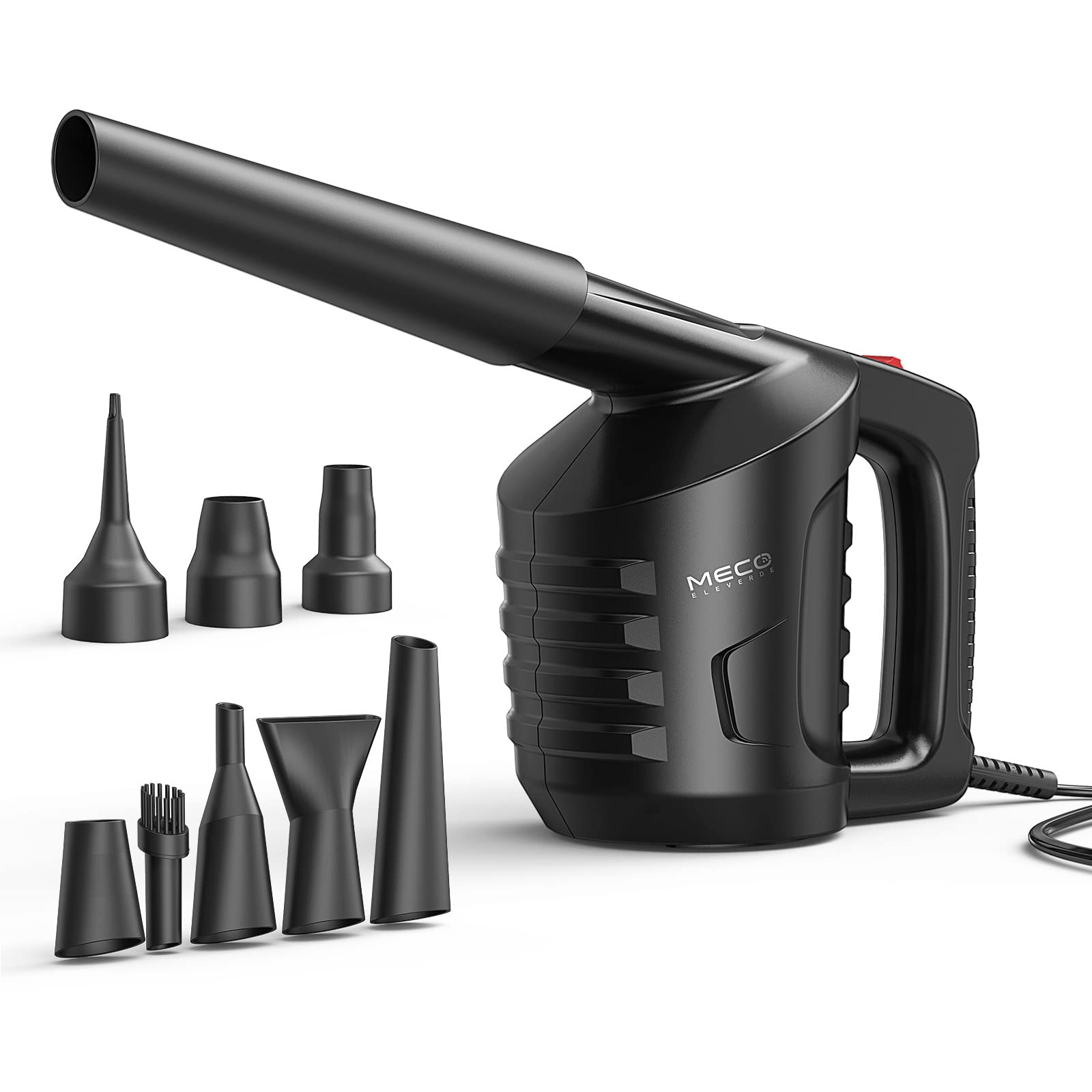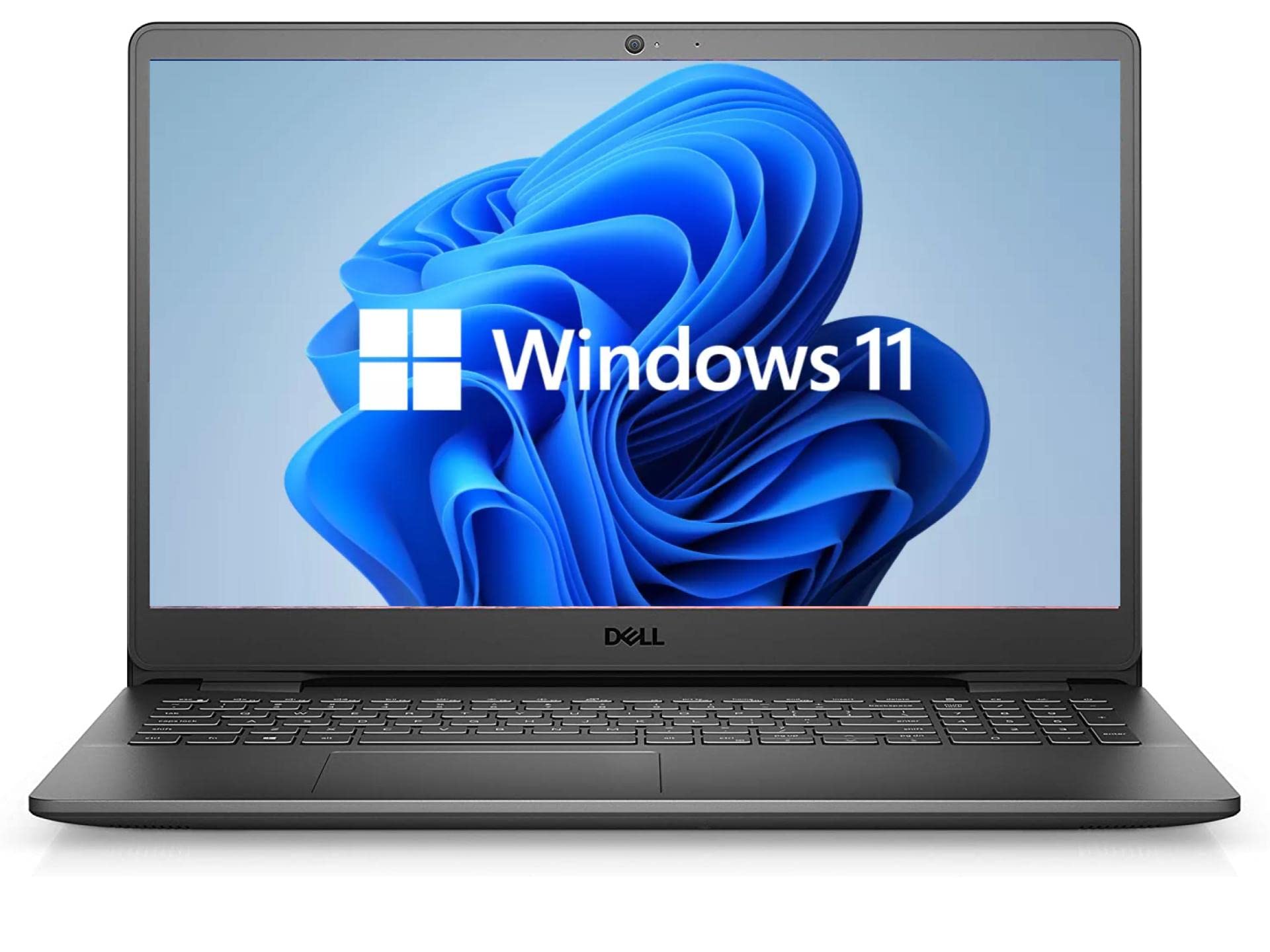Are you experiencing slow performance on your Dell Inspiron 15 5000 Series laptop? Let’s troubleshoot the issue and find a solution.
Enhance System Performance and Optimize with SupportAssist
To enhance system performance and optimize your Dell Inspiron 15 5000 Series, utilize SupportAssist for troubleshooting slow performance. First, diagnose any hardware issues by running a full system scan. SupportAssist can detect any potential issues with your NVM Express or SATA solid-state drive, as well as your random-access memory.
If hardware is not the issue, use SupportAssist to optimize your laptop’s performance. Check the Task Manager (Windows) to identify any programs consuming high CPU time. End unnecessary processes and programs to free up system resources and improve speed.
SupportAssist can also update your BIOS and drivers to ensure your Dell Inspiron 15 5000 Series is running on the latest software. This can resolve compatibility issues and improve overall system performance.
In addition, consider upgrading your hardware to improve performance. Installing a faster M.2 SSD or adding more RAM can significantly boost your laptop’s speed and responsiveness.
By utilizing SupportAssist and following these steps, you can troubleshoot and enhance the performance of your Dell Inspiron 15 5000 Series for a smoother and more efficient computing experience.
Expand Storage Capacity and Manage Disk Space

| Issue | Solution |
|---|---|
| Low storage space | Upgrade to a larger hard drive or add an external storage device |
| Fragmented disk space | Run disk defragmentation tool to optimize disk space |
| Unnecessary files and programs | Clean up disk space by removing unused files and uninstalling unnecessary programs |
Combat Malware and Secure Your System
Next, check for any software updates and ensure that your operating system is up to date. This can help patch any vulnerabilities that malware may exploit. Consider enabling automatic updates to keep your system protected in the future.
If your system is still running slow, consider using a malware removal tool to scan for any persistent threats that may be affecting performance. Additionally, check your web browser for any unwanted extensions or plugins that may be causing issues.
To further secure your system, consider installing a firewall and adjusting your security settings to prevent unauthorized access.
Finally, consider investing in a solid-state drive (SSD) to improve overall system performance and reduce the risk of malware infection. SSDs are less susceptible to malware and offer faster speeds compared to traditional hard disk drives.
Maintain Cleanliness of Air Vents and Fans

- Clean the air vents and fans to prevent dust and debris buildup
- Turn off the laptop and unplug it from the power source
- Locate the air vents and fans on the laptop
- Use a can of compressed air to blow out any dust or debris from the vents and fans

- Gently wipe the vents and fans with a soft, dry cloth to remove any remaining dust
- Plug the laptop back in and turn it on to see if performance has improved
Upgrade Components and Limit Startup Programs

To troubleshoot slow performance on your Dell Inspiron 15 5000 Series, consider upgrading components and limiting startup programs. First, check your random-access memory (RAM) and consider upgrading it to improve performance. You can also consider upgrading your hard disk drive (HDD) to a faster NVM Express or M.2 drive for quicker booting and data access. Another option is to upgrade the central processing unit (CPU) for better overall performance.
Limit the number of startup programs running on your computer to improve its speed. To do this, open the Task Manager in Windows and navigate to the Startup tab. Here, you can disable unnecessary programs from launching at startup, which can significantly improve your computer’s boot time and overall performance.
Additionally, ensure that your operating system is up to date by running Windows Update. Keeping your system updated can help improve performance and security. Consider using a reputable antivirus program, such as McAfee or Windows Defender, to keep your system running smoothly and secure from malware.
By upgrading components and limiting startup programs, you can troubleshoot slow performance on your Dell Inspiron 15 5000 Series. If these steps do not resolve the issue, it may be beneficial to seek professional assistance or check your warranty for further support.
